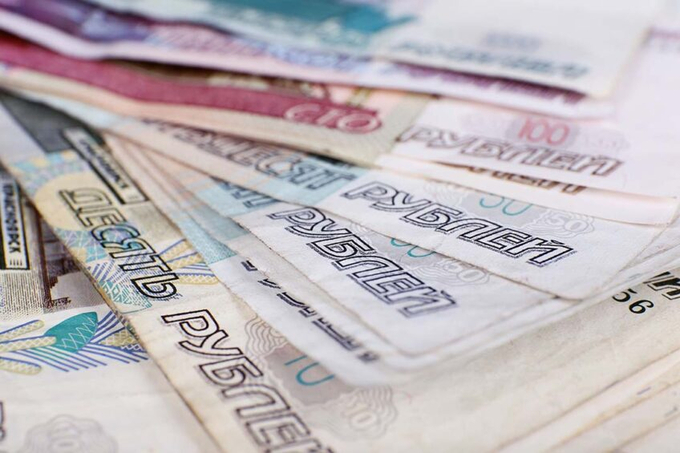May 22, 2025 | 17:43 GMT +7
May 22, 2025 | 17:43 GMT +7
Hotline: 0913.378.918
May 22, 2025 | 17:43 GMT +7
Hotline: 0913.378.918

In 2023, Russia's agriculture ministry said the country's treasury spent 558.6 billion roubles (US$6.3 billion) on supporting agricultural producers. Photo: Canva
The discussions about the new state aid measures for the Russian poultry industry have been ongoing since October 2023, when Russian President Vladimir Putin instructed the government to take necessary steps to ramp up its output. He criticised the government for not helping Russian farmers expand operations earlier, which contributed to a 27% hike in broiler meat prices in 2023.
“You should have done it timely. In that case, there would not be such a growth,” Putin said during a government meeting.
Rosptsisoyuz asked the government to reimburse part of the direct costs associated with poultry farm construction, reconstruction and renovation. In addition, poultry farmers want authorities to subsidise the construction of infrastructure facilities, gasification, electricity supply, and the construction of access roads to poultry farms. In addition, the farmers want the upper threshold on preferential loans with subsidised interest rates to be raised from the current 600 million roubles (US$6.8 million) to 1.5 billion roubles (US$17 million).
To constrain the growth of retail prices, the organisation also demands the trade markup on eggs to be limited by law withing 5-10%. Plus, the farmers want the retailers to be legally obliged to sign long-term contracts for at least 75% of purchased poultry and eggs.
The Russian poultry industry is ready to expand operations, but only with additional support, Rosptsisoyuz emphasised.
Russia’s agricultural ministry has yet to react to the appeal. Russian poultry farmers are already eligible for aid from the federal budget in numerous forms. In 2023, the ministry stated that the Russian treasury spent 558.6 billion roubles (US$6.3 billion) on supporting agricultural producers.
The Russian government has taken steps to increase poultry and egg imports over the past few months, entering into new trade agreements with friendly countries and temporarily abolishing import duties. This measure, however, is yet to bring a tangible result since occasional shortages of broiler meat are still reported across the country.
Rosptsisoyuz also said that the imports would not make a difference for the Russian market, given that the supply volume is insignificant.
On the other hand, Marina Petrova, general director of Petrova 5 Consulting, argued that the rise in imports could hurt Russian poultry farmers, who are already struggling to maintain business profitability at a reasonable level following a 30% surge in production costs last year.
(PW)

(VAN) Attempts to bring down the price of the Japanese staple have had little effect amid a cost-of-living crisis.

(VAN) Fourth most important food crop in peril as Latin America and Caribbean suffer from slow-onset climate disaster.

(VAN) Shifting market dynamics and the noise around new legislation has propelled Trouw Nutrition’s research around early life nutrition in poultry. Today, it continues to be a key area of research.

(VAN) India is concerned about its food security and the livelihoods of its farmers if more US food imports are allowed.

(VAN) FAO's Director-General emphasises the need to work together to transform agrifood systems.

(VAN) Europe is facing its worst outbreak of foot-and-mouth since the start of the century.

(VAN) The central authorities, in early April, released a 10-year plan for rural vitalization.